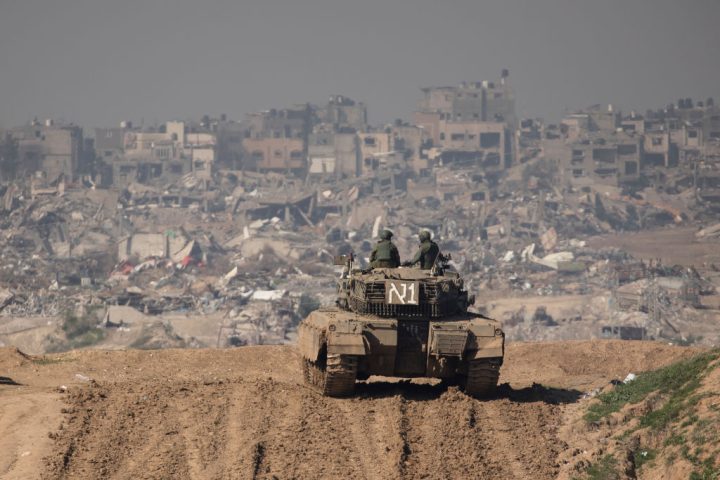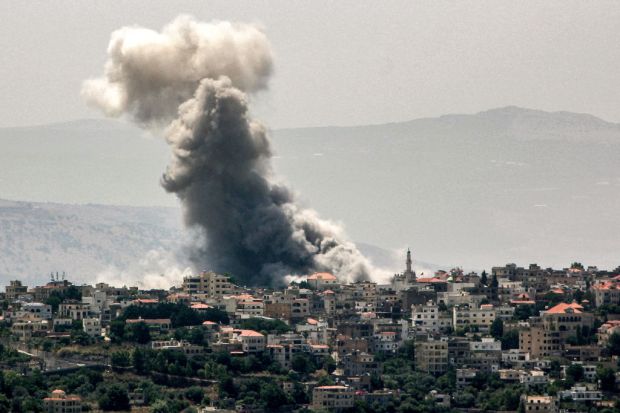It’s only Tuesday, and already Israeli Prime Minister Benjamin Netanyahu has had one of the worst weeks since the war against Hamas started last October. Israelis are losing patience with him and his band of self-serving extremist ministers. Netanyahu, whose approval rates were low before the war and have only got lower since it started, is feeling the squeeze.
Already a subscriber? Log in
Subscribe for just $2 a week
Try a month of The Spectator Australia absolutely free and without commitment. Not only that but – if you choose to continue – you’ll pay just $2 a week for your first year.
- Unlimited access to spectator.com.au and app
- The weekly edition on the Spectator Australia app
- Spectator podcasts and newsletters
- Full access to spectator.co.uk
Or




















Comments
Don't miss out
Join the conversation with other Spectator Australia readers. Subscribe to leave a comment.
SUBSCRIBEAlready a subscriber? Log in